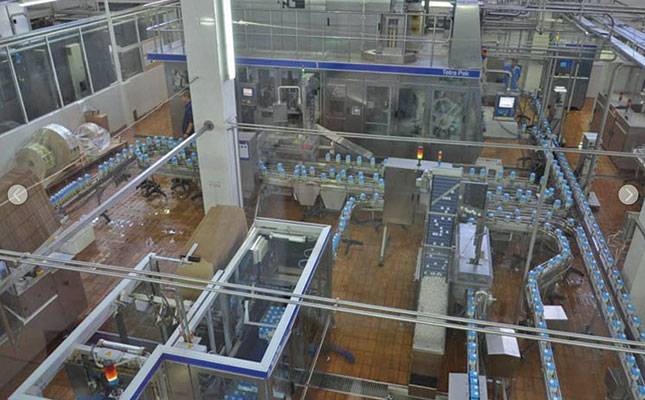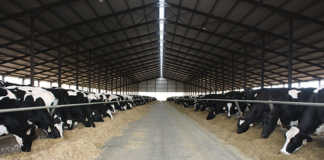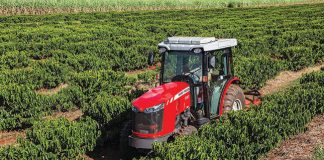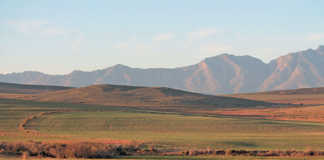
Photo: EkoNiva
Sometimes, it’s good to take a look at how other countries do things. As in the case of Russia’s EkoNiva-APK Company, the exercise can be eye-opening.
Five livestock enterprises are engaged in milk production here. The total herd is about 105 000 head, 52 000 of which are dairy cows, all top- quality breeding stock.
Over the past few years, EkoNiva has launched 16 high-tech, free-stall dairy facilities, including a robotic dairy. This has involved reconstructing existing dairy farms.
The operations are managed with Dairy Plan software, which provides total control of the dairy herd. Use is made of all types of milking parlours: herring-bone, parallel, rotary and now, robotic systems, plus cooling, holding and packaging equipment.
EkoNiva’s operations are based on Simmentaler, Brown Swiss, Holstein and Red-and-White cattle. The young animals are managed in open lots, individual hutches and group igloos.
Feed quality receives special attention. Standardised, balanced rations are based on the animals’ lactation performance and physiological condition.
Milk production parameters have increased, with no detrimental effects on the cows. For example, the average milk yield of Simmentaler cows at the Sibirskaya Niya facility has risen to 8 382kg per lactation at EkoNivaAgro, the yield of Red-and-White cows has increased to 7 050kg, while that of Holsteins has reached an average of 9 338kg.
Some 99% of the milk produced by EkoNiva is sold as ‘Premium’, the Russian milk classification system’s highest quality.
EkoNiva cooperates with the Danone Group, a partner-processor, and also ships its milk to Hochland, the German-based, multinational cheese-processor.
Precision farming
EkoNiva’s agricultural enterprises operate in seven Russian provinces. The Black Earth region, one of the most fertile in the world, is the company’s main area of operation.
Here the company grows high-yielding varieties of grain, pulse, fodder and industrial crops on an area of more than 360 000ha.
EkoNiva employs precision farming technologies to ensure accurate seed and fertiliser application rates and prepare accurate fieldwork reports. At the same time, minimum-till and the latest, most efficient machinery enables the company to preserve and improve soil fertility.
Joe Spencer is the mechanisation editor of Farmer’s Weekly.











